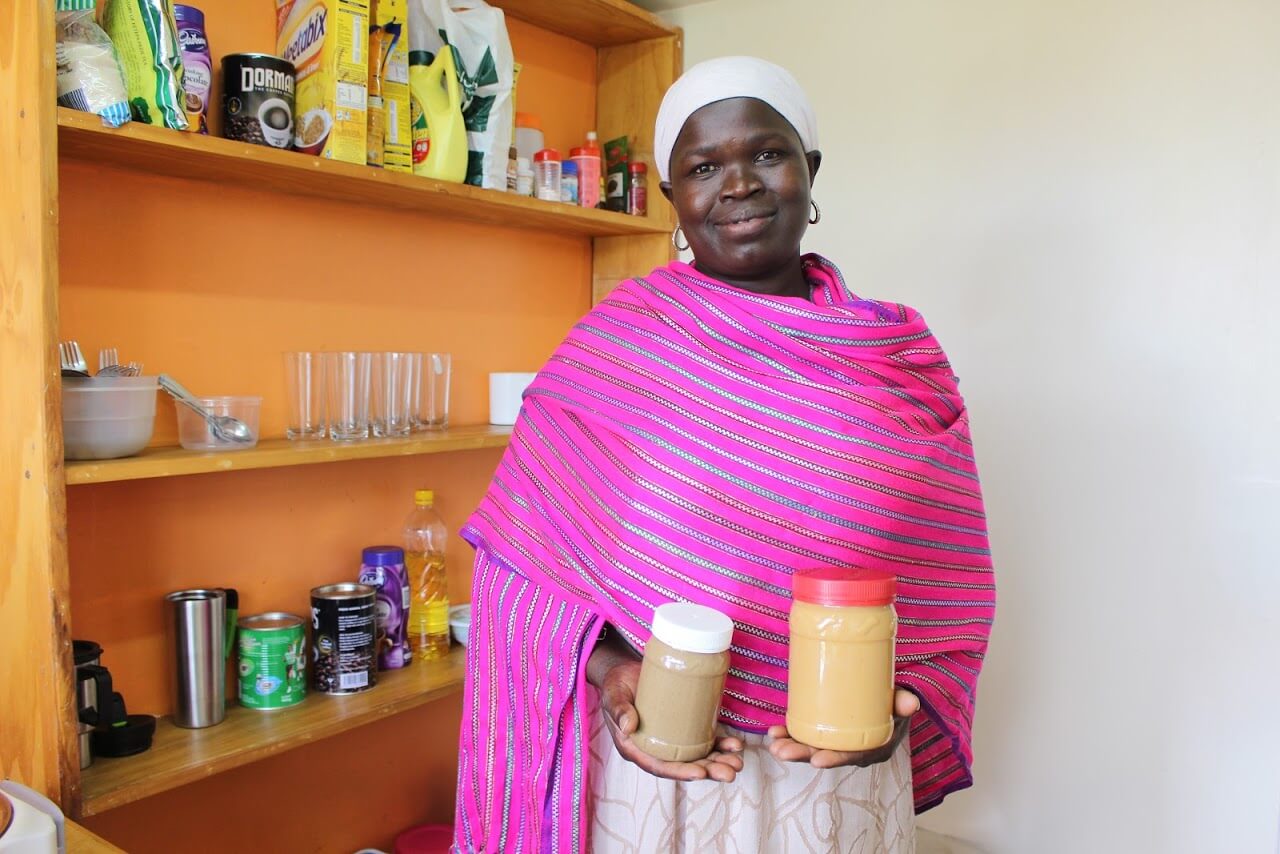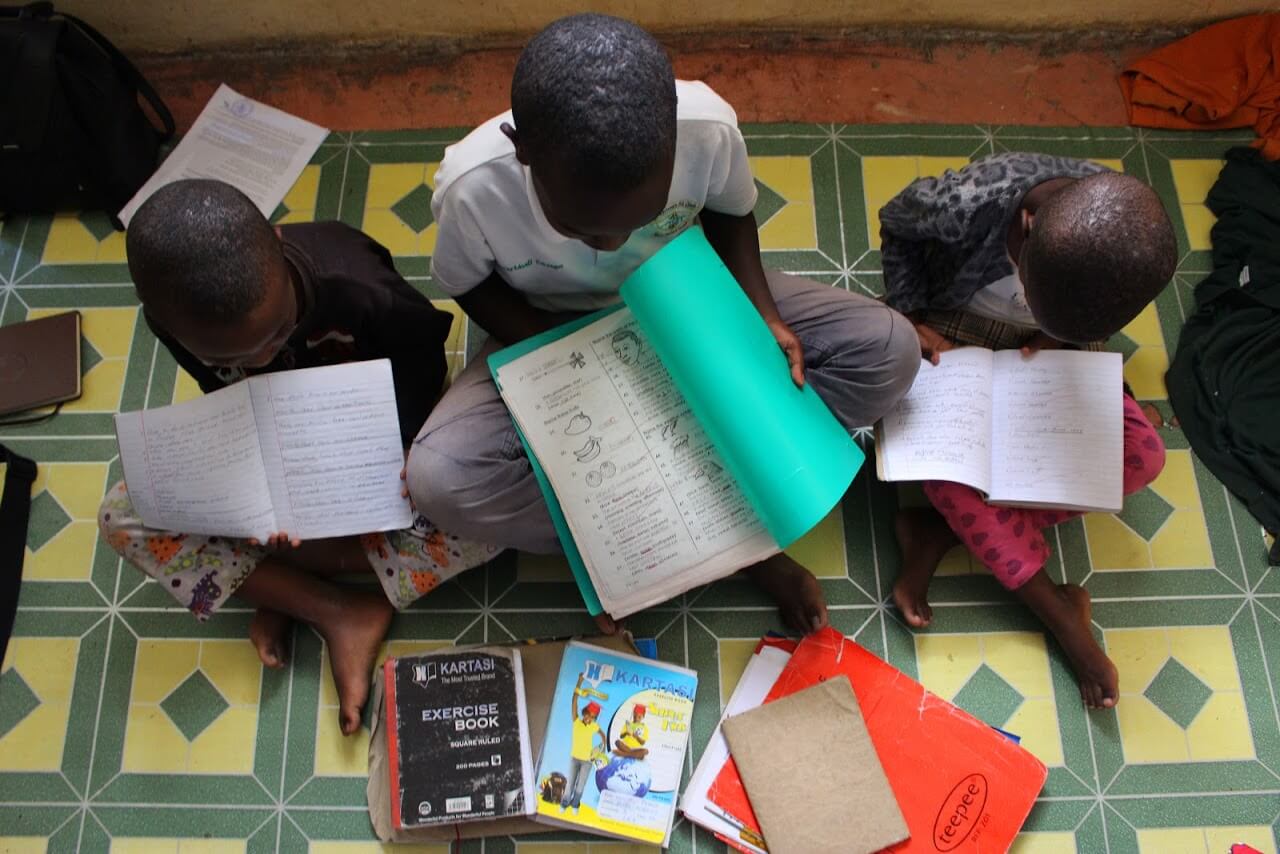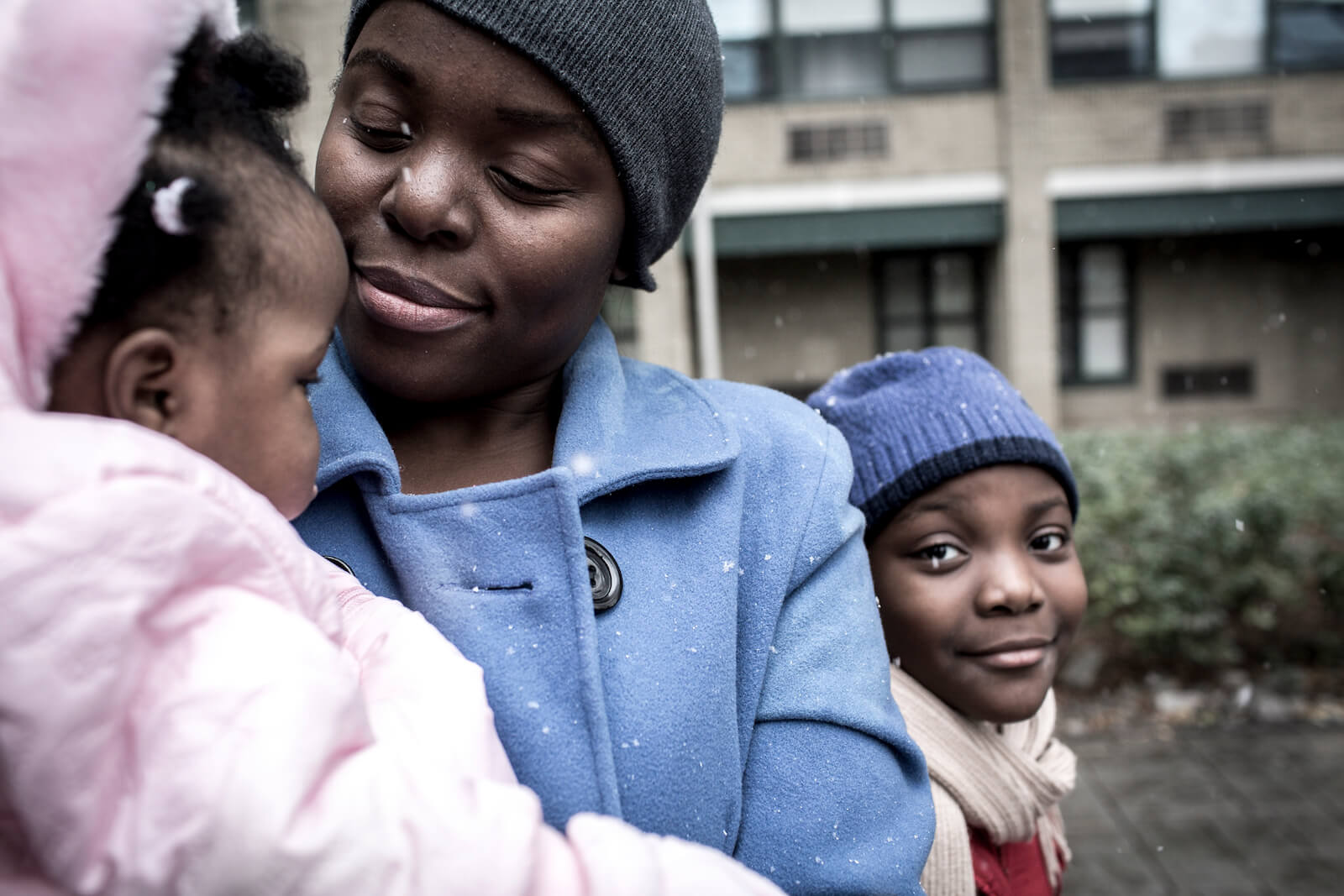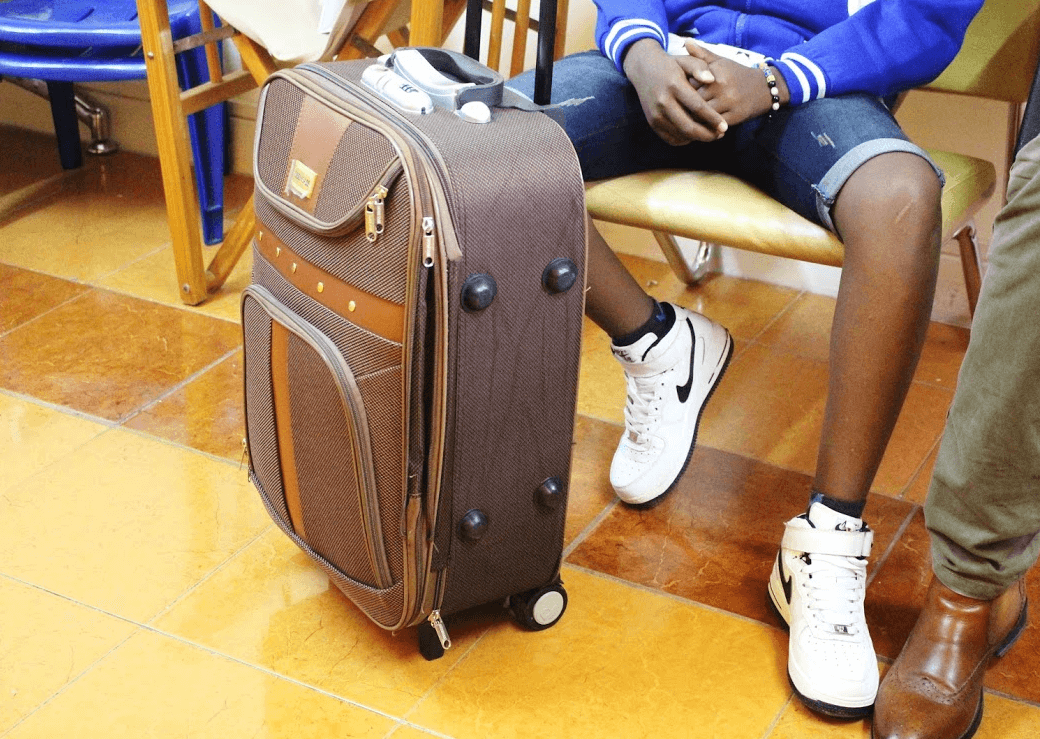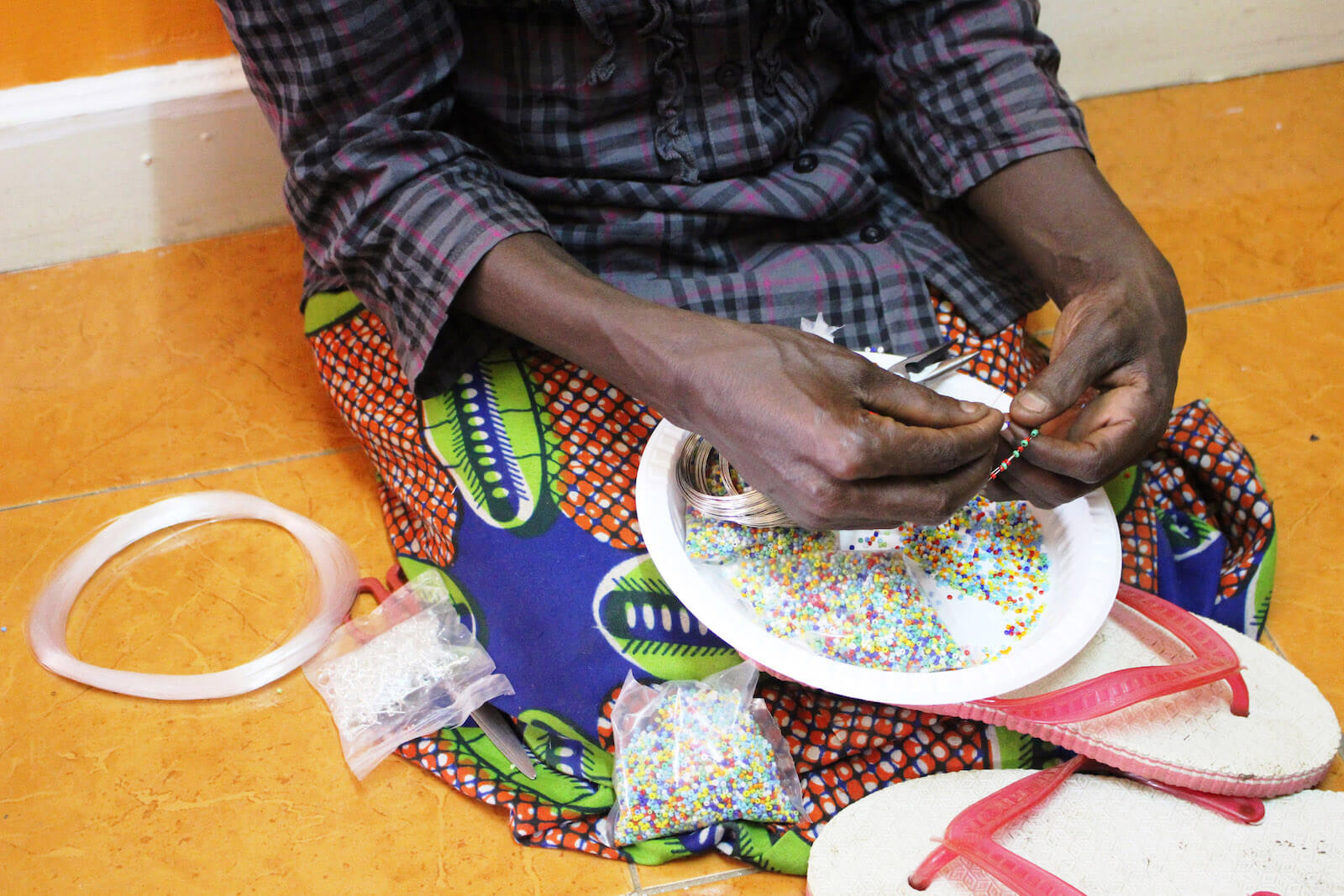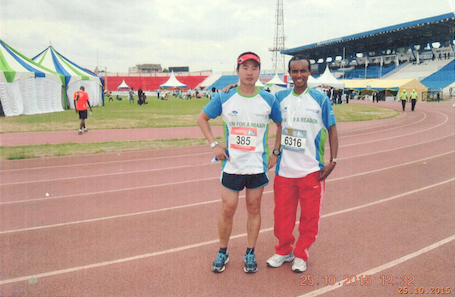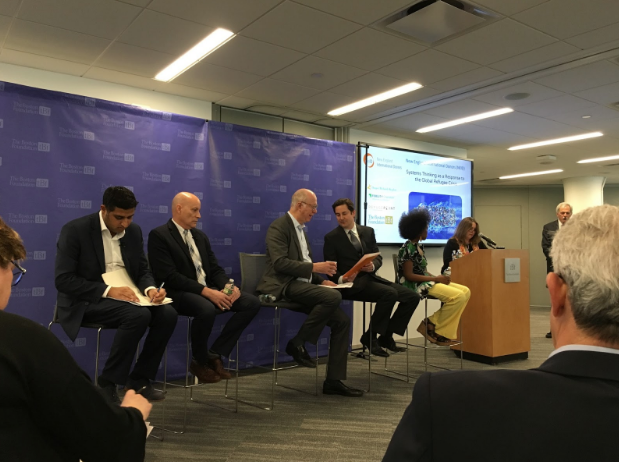Child protection is extremely important to the work and mission of RefugePoint. We currently have seven Child Protection Experts located in six countries across Africa. Children face extreme risks as refugees and are often subject to exploitation and dangerous living conditions. Additionally, unaccompanied and orphaned minors often have little or no access to education or other basic services. We recently had the opportunity to ask a RefugePoint Child Protection Expert working in Cairo, Egypt, about the impacts that the U.S. resettlement ban is having on her day-to-day work. Here, in her own words, RefugePoint’s Child Protection Expert in Cairo, Egypt, describes the impact that she is witnessing:
“I can say that the U.S. resettlement ban has and will continue to greatly affect the unaccompanied minors in Egypt. With about 1,900 unaccompanied minors, and 2,900 unaccompanied or separated children (UASC) in total, there are presently no resettlement countries accepting unaccompanied minors from Egypt (except on exceptional bases).
The U.S. was and always has been a willing recipient of unaccompanied minors, so this ban nearly completely eliminates any prospects for resettlement, which is the only durable solution for these children. I think that the impact of all of this will be something that we see the effects of for months, and possibly years to come. We will have to begin focusing more on the child protection system, and the available services here in Egypt. We also fear that the lack of resettlement options for these unaccompanied minors will lead to a drastic increase in those attempting to irregularly migrate by sea from Egypt.
As of April 2017, there were 34 unaccompanied or separated children (UASC) who were “stuck” in the resettlement process. I can confidently say that that number has increased since April.
One particularly vulnerable unaccompanied child who comes to mind is Neima*. Neima went through a UNHCR resettlement interview, but we have been unable to process her case due to the lack of a resettlement country willing to resettle her.
Neima is a 16 year-old Eritrean unaccompanied minor who arrived in Egypt in April 2016. She fled her home country to escape forced conscription and while en route to Egypt, she was held by Al Rashaida traffickers in Sudan. For nearly three months, she was subjected to repeated acts of sexual violence and physical abuse. Her case was initially referred to the resettlement unit in late-December 2016, but following her resettlement interview in late-January, her case has remained on hold. Neima’s case remains on hold because of the 120-day U.S. refugee ban and the fact that there are no other available resettlement countries for unaccompanied children to be submitted to from Egypt.
Since then, the child was again subjected to a rape incident, which resulted in the child becoming pregnant. Neima became psychologically unwell and contemplated suicide, at one point even attempting to take her own life. Neima has since received support from professional organizations, and her mental health appears to have improved significantly. However, Neima will soon face further challenges and obstacles as she is nearing the end of her pregnancy and will soon be a child parent. Right now our biggest hope is that one of the European resettlement countries will consider resettling Neima, given her extreme vulnerabilities.
Children like Neima gain so much from resettlement opportunities, and without resettlement as an option, children like Neima will be greatly affected, both physically and mentally, as the environment here in Egypt does not offer any stability or security, or adequate educational and livelihood opportunities.”
RefugePoint will continue to do all that we can to protect and advocate for unaccompanied minors like Neima.
*name changed for anonymity
Child protection is extremely important to the work and mission of RefugePoint. We currently have seven Child Protection Experts located in six countries across Africa. Children face extreme risks as refugees and are often subject to exploitation and dangerous living conditions. Additionally, unaccompanied and orphaned minors often have little or no access to education or other basic services. We recently had the opportunity to ask a RefugePoint Child Protection Expert working in Cairo, Egypt, about the impacts that the U.S. resettlement ban is having on her day-to-day work. Here, in her own words, RefugePoint’s Child Protection Expert in Cairo, Egypt, describes the impact that she is witnessing:
“I can say that the U.S. resettlement ban has and will continue to greatly affect the unaccompanied minors in Egypt. With about 1,900 unaccompanied minors, and 2,900 unaccompanied or separated children (UASC) in total, there are presently no resettlement countries accepting unaccompanied minors from Egypt (except on exceptional bases).
The U.S. was and always has been a willing recipient of unaccompanied minors, so this ban nearly completely eliminates any prospects for resettlement, which is the only durable solution for these children. I think that the impact of all of this will be something that we see the effects of for months, and possibly years to come. We will have to begin focusing more on the child protection system, and the available services here in Egypt. We also fear that the lack of resettlement options for these unaccompanied minors will lead to a drastic increase in those attempting to irregularly migrate by sea from Egypt.
As of April 2017, there were 34 unaccompanied or separated children (UASC) who were “stuck” in the resettlement process. I can confidently say that that number has increased since April.
One particularly vulnerable unaccompanied child who comes to mind is Neima*. Neima went through a UNHCR resettlement interview, but we have been unable to process her case due to the lack of a resettlement country willing to resettle her.
Neima is a 16 year-old Eritrean unaccompanied minor who arrived in Egypt in April 2016. She fled her home country to escape forced conscription and while en route to Egypt, she was held by Al Rashaida traffickers in Sudan. For nearly three months, she was subjected to repeated acts of sexual violence and physical abuse. Her case was initially referred to the resettlement unit in late-December 2016, but following her resettlement interview in late-January, her case has remained on hold. Neima’s case remains on hold because of the 120-day U.S. refugee ban and the fact that there are no other available resettlement countries for unaccompanied children to be submitted to from Egypt.
Since then, the child was again subjected to a rape incident, which resulted in the child becoming pregnant. Neima became psychologically unwell and contemplated suicide, at one point even attempting to take her own life. Neima has since received support from professional organizations, and her mental health appears to have improved significantly. However, Neima will soon face further challenges and obstacles as she is nearing the end of her pregnancy and will soon be a child parent. Right now our biggest hope is that one of the European resettlement countries will consider resettling Neima, given her extreme vulnerabilities.
Children like Neima gain so much from resettlement opportunities, and without resettlement as an option, children like Neima will be greatly affected, both physically and mentally, as the environment here in Egypt does not offer any stability or security, or adequate educational and livelihood opportunities.”
RefugePoint will continue to do all that we can to protect and advocate for unaccompanied minors like Neima.
*name changed for anonymity
